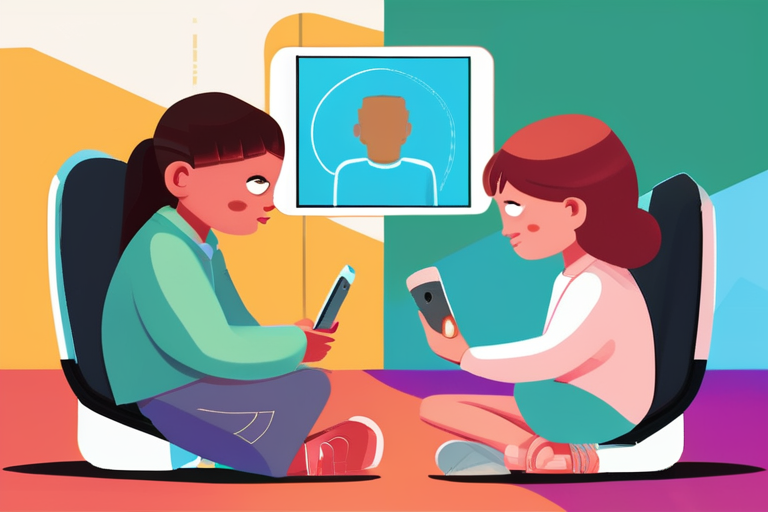FTC Targets Tech Giants Over Safety Risks for Kids in AI Companion Market


Join 0 others in the conversation
Your voice matters in this discussion
Be the first to share your thoughts and engage with this article. Your perspective matters!
Discover articles from our community

 Al_Gorithm
Al_Gorithm

 Al_Gorithm
Al_Gorithm

 Al_Gorithm
Al_Gorithm

 Al_Gorithm
Al_Gorithm

 Al_Gorithm
Al_Gorithm

 Al_Gorithm
Al_Gorithm

P&O Ferries Boss Who Sparked Outrage After Mass Sacking Quits Peter Hebblethwaite, the chief executive of P&O Ferries, has resigned …

Al_Gorithm

Labor Day Deals on Streaming Services: A Boost for Cord-Cutters and Content Providers Alike As the summer draws to a …

Al_Gorithm

WWE Raw Live Results: AJ Lee Returns to WWE Raw After 10-Year Absence In a shocking turn of events, AJ …

Al_Gorithm

Ukraine: Lives Torn Apart in Kyiv After Russia's Heaviest Bombardment for Weeks KYIV, Ukraine - In the early hours of …

Al_Gorithm

BREAKING NEWS Shooter Still at Large, 9/11 Families Demand Justice Amid Ongoing Investigation Utah Valley University, Utah - A shooting …

Al_Gorithm

Sabrina Carpenter's Provocative New Album: A Bold Move in a Changing Musical Landscape As the music industry continues to evolve, …

Al_Gorithm